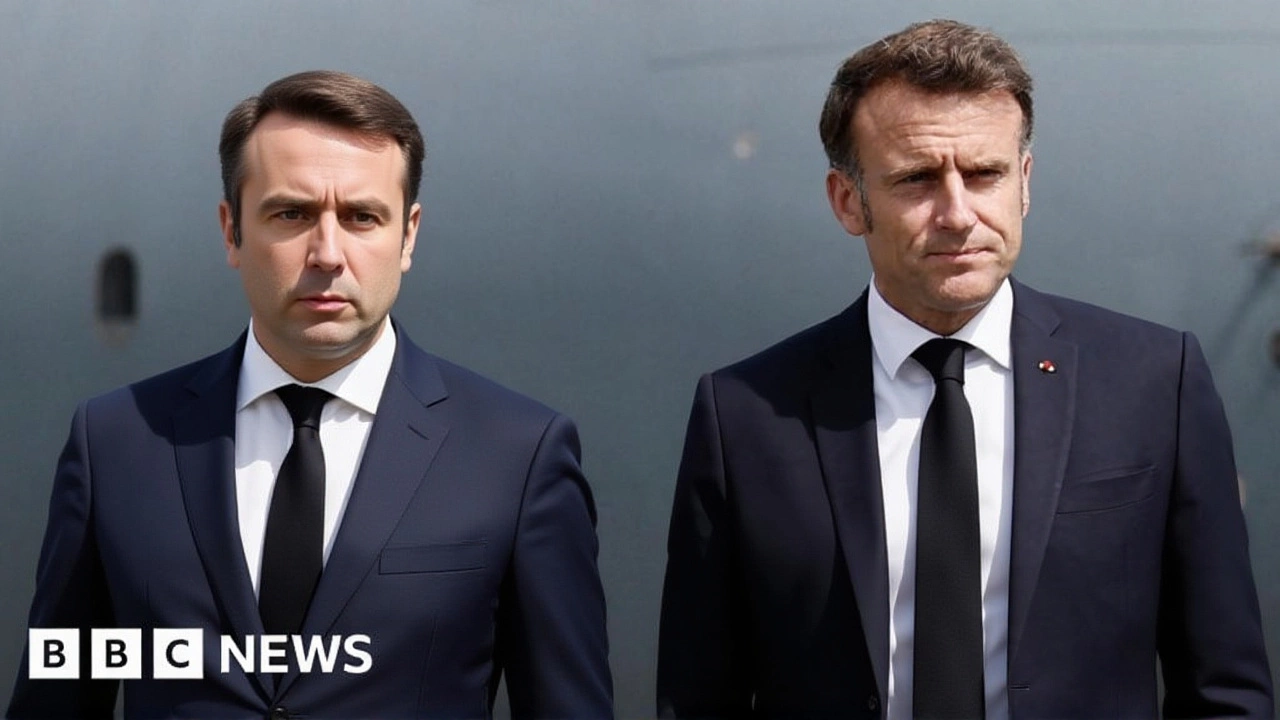Political Crisis – What It Is and Why It Matters
When talking about political crisis, a sudden breakdown in governmental authority that sparks instability, conflict, and rapid policy changes. Also known as government upheaval, it can reshape a nation’s direction in weeks or months.
One core driver is government instability, the loss of cohesive leadership caused by corruption, power struggles, or constitutional gaps. When leaders can’t agree on basic decisions, the whole system wobbles. This wobble often triggers political crisis because citizens and institutions lose confidence. In many cases, the instability fuels public protests, mass demonstrations that demand change, accountability, or new leadership. The relationship is clear: political crisis triggers public protests, and the protests push the crisis deeper.
Public protests don’t just happen in a vacuum. They bring together diverse voices, from students to workers, and their size can shift the balance of power. When streets fill with people, the economic engine feels the strain. Businesses close, tourism drops, and supply chains stall, creating a noticeable economic impact, the short‑ and long‑term financial fallout that follows political turmoil. This impact can be measured in lost GDP, rising unemployment, or soaring inflation. In short, government instability causes economic impact, which then fuels more unrest.
Media coverage weaves through every stage of a political crisis. News outlets, social platforms, and commentators shape public perception and can either calm or inflame tensions. Extensive reporting on corruption, for example, amplifies calls for reform, while biased coverage might deepen divisions. The link is simple: media coverage influences political crisis by framing the narrative that citizens and politicians act upon.
Resolving a political crisis usually requires a mix of negotiation, legal reforms, and sometimes fresh elections. Leaders may broker power‑sharing deals, draft new constitutions, or call for referendums to restore order. These solutions aim to rebuild trust, stabilize the economy, and quiet the streets. Successful resolution often depends on how quickly the government can address the root causes of instability and how transparently it communicates its plans.
Geography matters, too. A crisis in a small island nation might look very different from one in a large continental power. Local culture, historical grievances, and external influences all color the way a crisis unfolds. Understanding these contexts helps analysts predict whether a situation will blow up or settle down.
Below you’ll find a curated selection of posts that dive deeper into specific political crises, their triggers, and the ripple effects on society. Whether you’re tracking current events or studying past upheavals, these articles give you the facts and perspectives you need to make sense of the chaos.

Macron’s Ally Lecornu Resigns After Record‑Short 26‑Day Premiership
Emmanuel Macron named Sébastien Lecornu prime minister on Sep 9, 2025, but the 39‑year‑old resigned after 26 days, marking a record‑short tenure and underscoring France's political turbulence.
View More